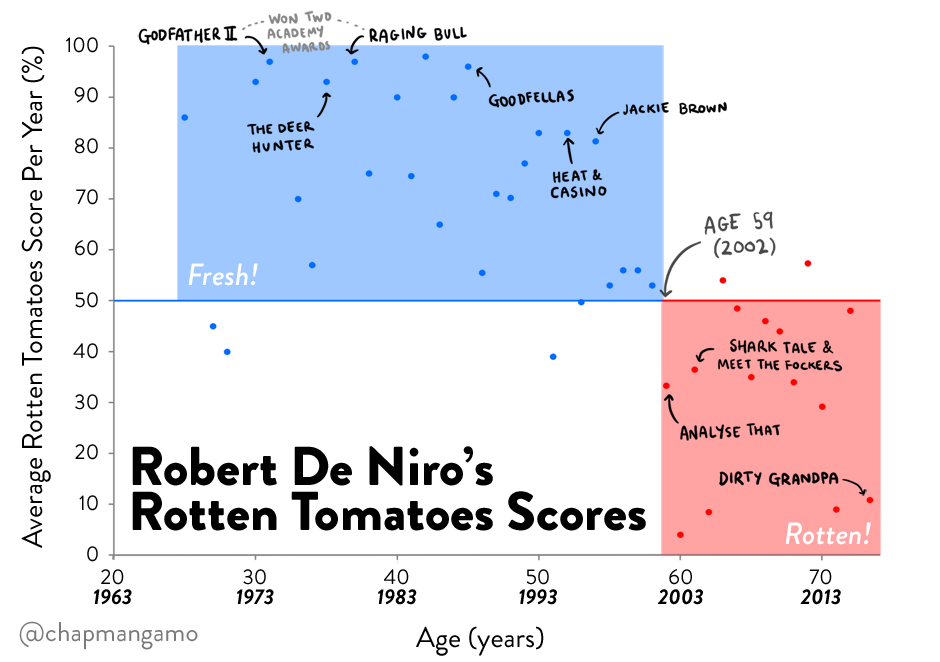How About You Learn to Think Before You Learn to Code?
Over at TechCrunch, Basel Farag doesn’t want you to learn to code:
There’s an idea that’s been gaining ground in the tech community lately: Everyone should learn to code. But here’s the problem with that idea: Coding is not the new literacy.
If you regularly pay attention to the cultural shenanigans of Silicon Valley, you’ve no doubt heard of the “Learn to Code” movement. Politicians, nonprofit organizations like Code.org and even former Mayor Michael Bloomberg of New York City have evangelized what they view as a necessary skill for tomorrow’s workforce.
There may be some truth to that, especially since the United States’ need for engineers shows no sign of slowing down.
But the picture is more complicated.
Farag’s basic premise is people should learn to problem solve before they learn to code. I agree with this. Even though I’m a designer I started teaching myself how to code over 15 years ago because I have a technical side to me that thinks coding can be fun. Other times I’ve learned certain aspects of coding because of a project requirement.
As the years have gone by I touch code less and less, but my basic understanding of code and development helps me as a designer when I collaborate with front-end and back-end developers.
The question, “Should I learn to code?” is similar to, “Should I start a blog?” and “Should I start a podcast?” The answer to all these is the same: do you have a problem that coding, a blog, or a podcast will help solve?
For me, learning to code in the early 2000s made me employable in the early days of the Internet and web design. I started this blog in 2006 because I needed a place to capture my thoughts and react to news. I started my podcast in 2014 as an extension of this site.
The other very important puzzle piece to this is persistence:
It took me more than a year of self-taught study before I got a freelance gig. Even then, the pay was poor. There were countless times I was refused even an interview because I didn’t have a computer science degree.
There were times when I could not afford a place to stay and had to rely on the kindness of friends to keep me going. There were many nights when I wanted to give up. But I found the strength to keep going.
It was — and is — persistence that allows me to stay in this field.
In varying degrees, I’ve stuck with my endeavors. Some scratch an itch (podcast), while others have more impact on my career (coding, blog).


